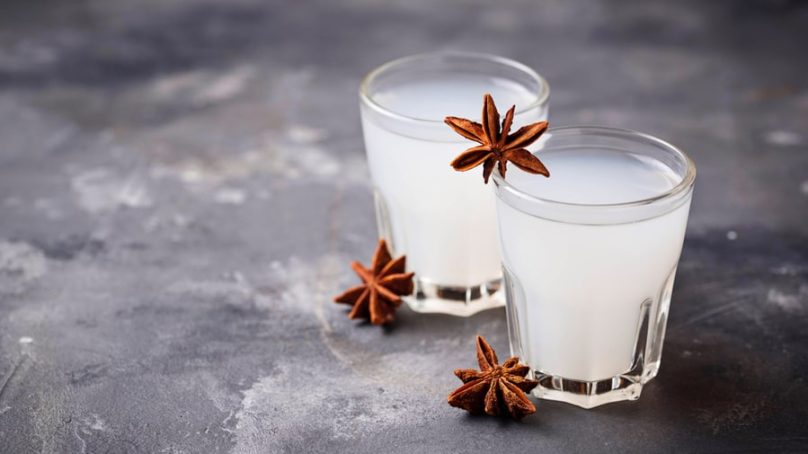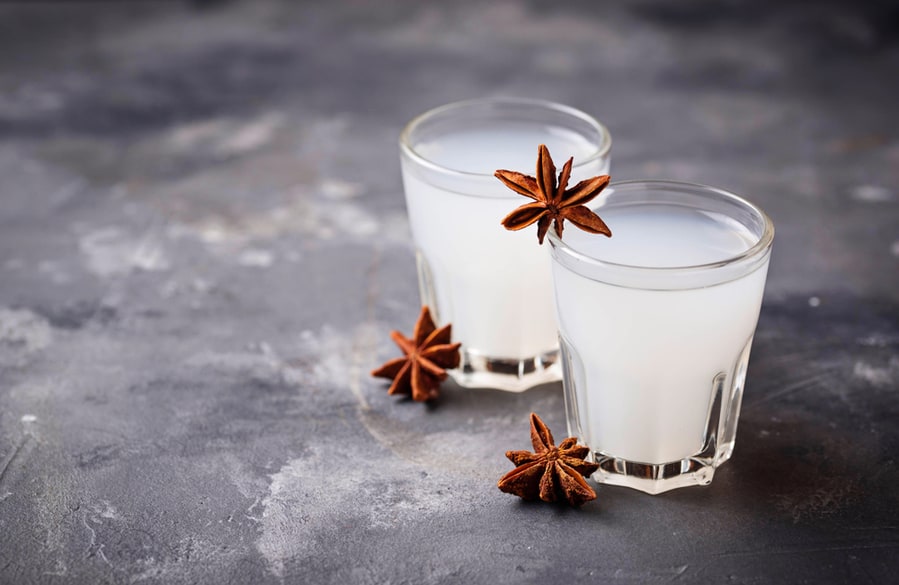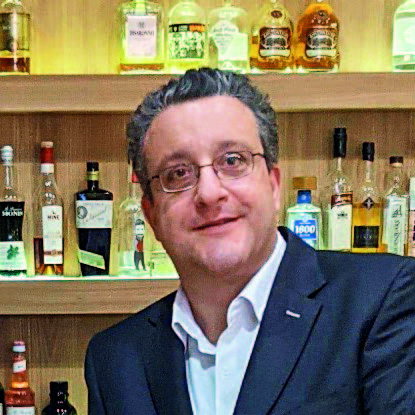

The lack of standards and regulations is the biggest obstacle for the arak industry. Despite the continuous growth of the industry, with an influx of new products and producers, and arak’s increasing popularity, the absence of standards and regulations remains a significant issue. The market is expanding, attracting new types of consumers, yet no regulations have been put in place to address this.
This situation poses a challenge for the industry as it hinders its ability to establish clear guidelines and ensure consistent quality across the market. Without regulations, it becomes difficult to determine the authenticity and quality of arak products, potentially leading to the proliferation of subpar or counterfeit products.
To foster the development of the arak industry, it is crucial to establish comprehensive standards and regulations. This would not only protect consumers from low-quality or fake products but also provide guidance to producers on best practices and quality control. Implementing regulations would create a level playing field for all industry players, ensuring fair competition, and promoting growth.
Decreasing prices
Before the 2019 crisis in Lebanon, a liter of premium arak was sold at USD 10-15, which was relatively cheap considering the high price of aniseed flowers and white grape alcohol. Today, a liter for arak can be bought for about USD 6-9, while prices of raw materials have increased. This begs the important question of how producers are managing to protect their profit margins and raises the concern of whether or not they are lowering the quality of their production in order for their businesses to thrive.
Market-share strategy
Indeed, more and more producers seem to be using pure alcohol and aniseed substitutes rather than meeting the standards of premium quality arak. As a result, they are expanding their market share and successfully breaking into new market segments that were previously inaccessible to it, such as bars and pubs, where arak is being used in cocktails.
At the same time, arak production remains fragmented; small local producers share the scene and still work with traditional tools and implement artisanal production methods. The market seems to be proliferating without maturing. Arak production is at its all times high in Lebanon, yet no standards and regulations are being implemented to ensure quality.
New online market
Another new market that arak has entered is online retail. During the Covid-19 outbreak, due to social distancing measures, sales through online platforms increased. New marketing strategies were developed around arak to engage more Lebanese consumers and appeal to them through their screens. E-commerce allowed very small producers to sell their products, while in the past, they would have needed a distribution network.
A chaotic arak scene
This situation has led to the proliferation of small craft arak producers in a market lacking any regulations, which became has become chaotic. For example, at the Malt Gallery, a specialized wine and spirits boutique in Beirut, more than three or four new arak producers call every week to try to sell their products of varying quality.
If the prices of raw materials keep increasing and producers pursue a market-share strategy, quality will continue to be affected. Lebanese arak, which has always been considered as the most prestigious arak in the world, is at risk.
The solution: an appellation of origin
Arak is not merely an alcoholic drink: it is our national pride and part of our cultural identity. All tourists visiting the country are urged to try arak for the full Lebanese experience.
To remedy the situation, there is a pressing need to create an appellation of origin for Lebanese arak. This will allow producers to set and ensure quality standards and Lebanese arak to remain the best in the world.

Salim Heleiwa,
General manager of The Malt Gallery
@themaltgallery
themaltgallery.com














